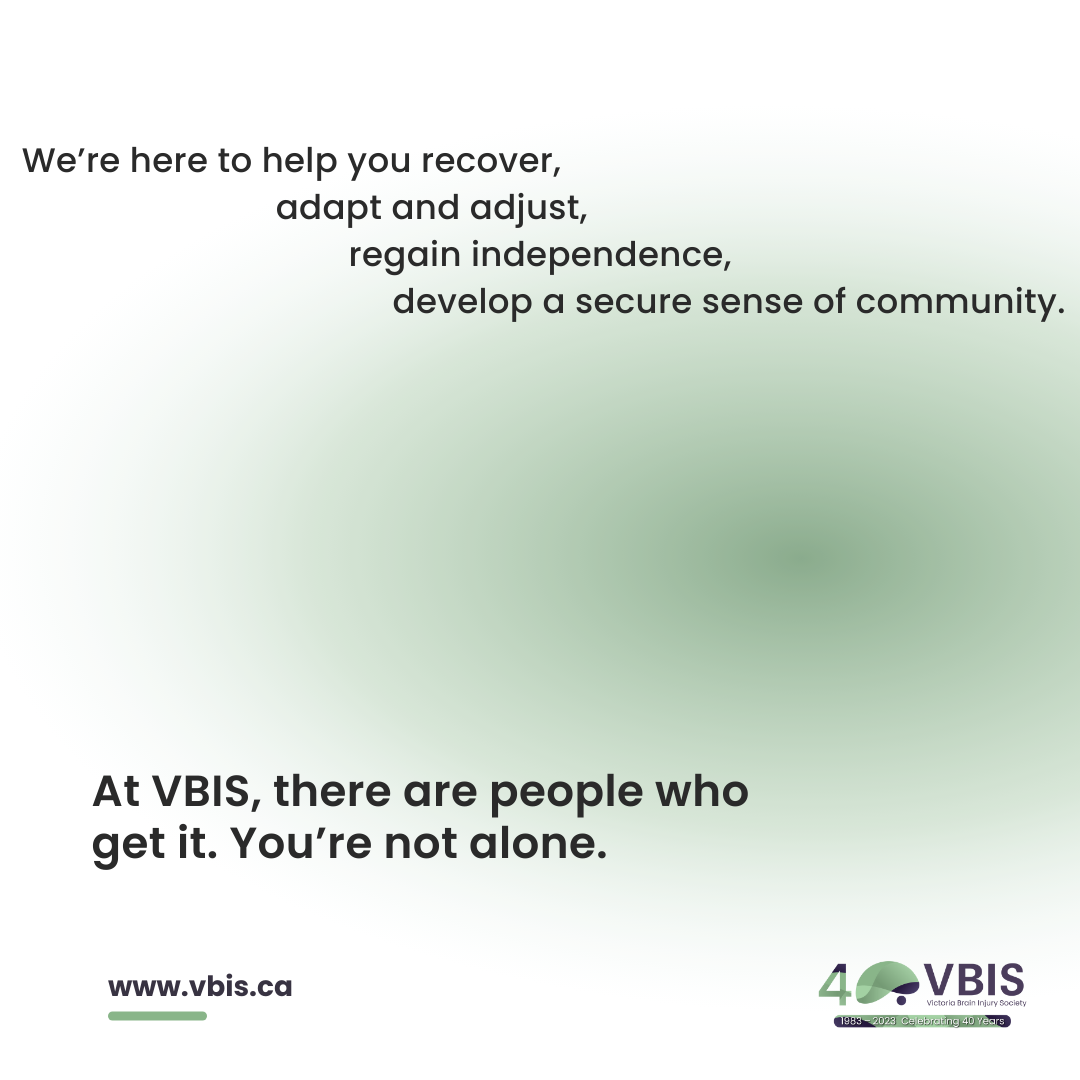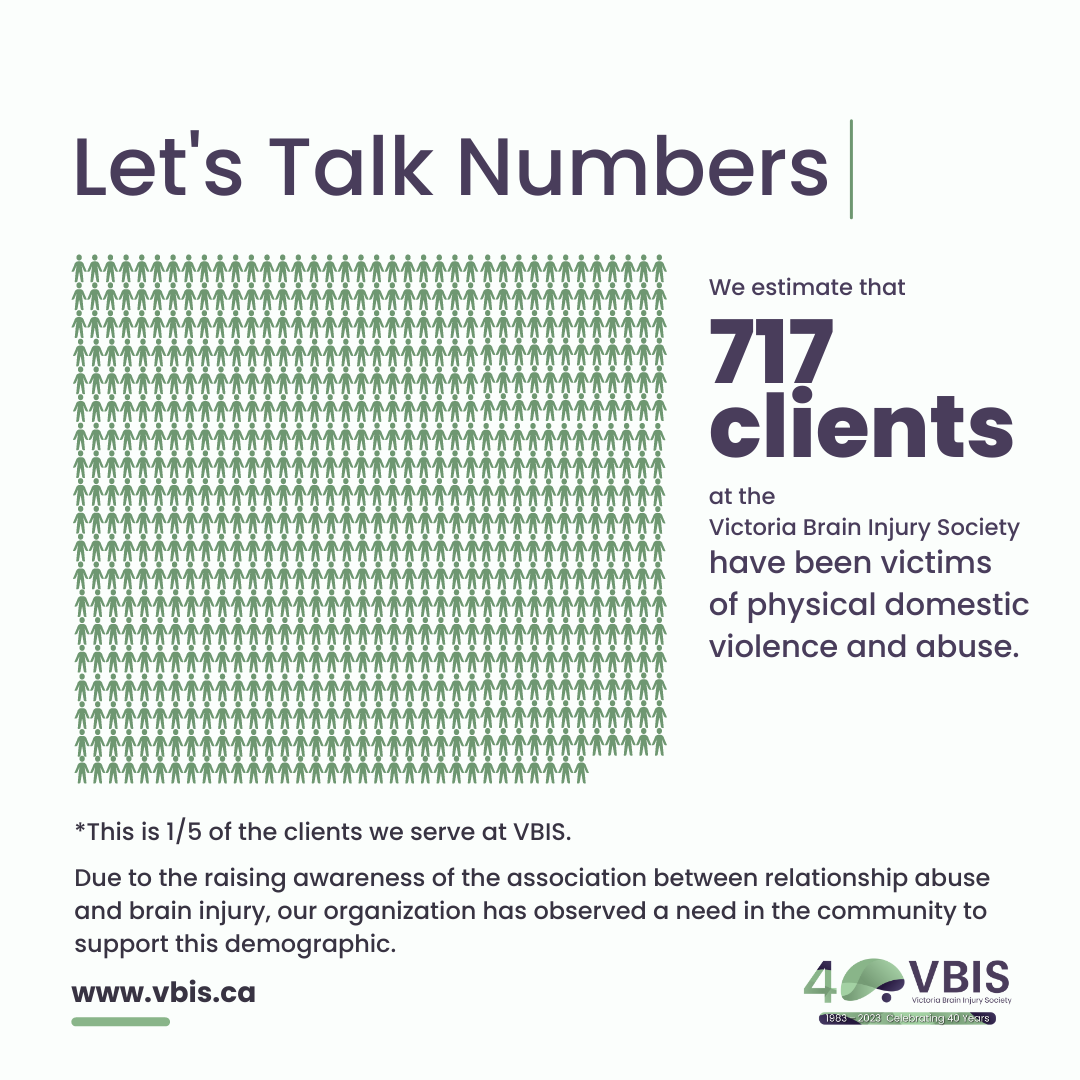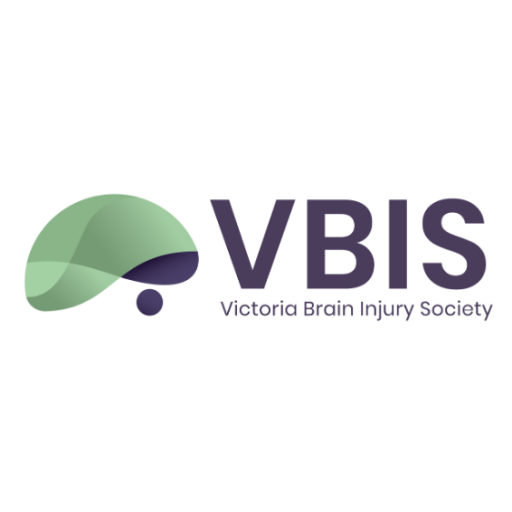92% of relationship violence involve a blow to the head.


92% of all relationship-related violence involve a blow to the head, face, and/or neck.

Help us provide a safe space for survivors of brain injury caused by relationship abuse.
Brain injury is often invisible to those treating or supporting a survivor of relationship abuse. Even survivors themselves often don’t realize they have experienced a brain injury. This leaves them completely unaware of why they are suffering and how they can recover.
Our Peer Support program provides individuals with an acquired brain injury, including those caused by relationship abuse, a safe and supportive environment to work through their challenges with mentors who understand what they are going through.
Rather than be a bystander, VBIS is leading the charge towards change.
And you can too!
Your donation today will help support brain injury survivors.
With your support, together we can improve the well-being and outcomes for brain injury survivors.
